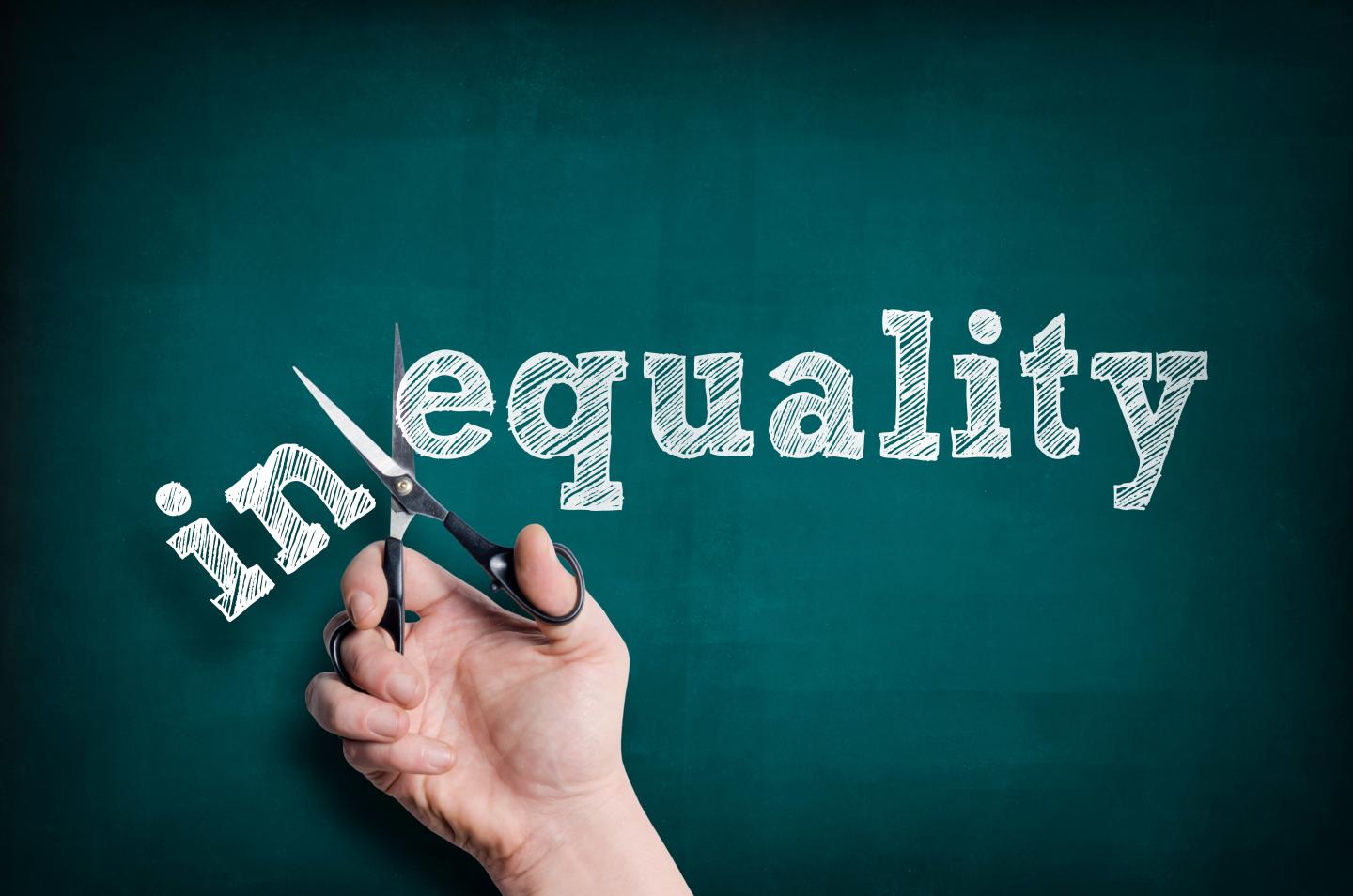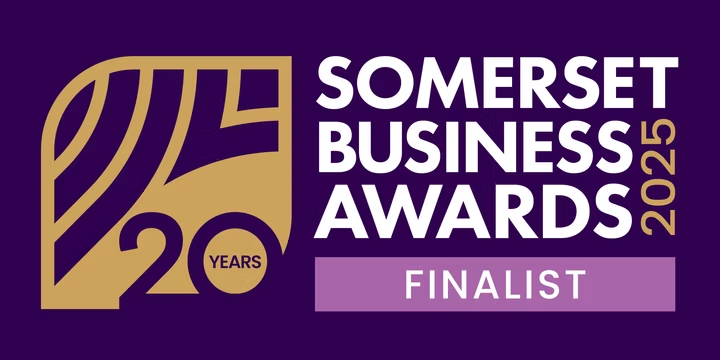
Social expectation regulation: Angry Black women in predominantly White spaces
Whether it was a discussion about civil rights in history class, or race and racism in PSHE,
raising my hand in my predominantly white secondary school felt like auditioning for the
role of social pariah.
Get it right, and the whole room goes silent; get it wrong, and I became a perpetrator of
reverse racism – yes, a real accusation I received in year 9.
Getting a race discussion “right” or “wrong” usually meant making a real, raw point that
either evoked the white guilt response of my classmates – silence and secret resent – or a
defensive reaction, completely misunderstanding and invalidating my point of view.
While I have mostly healed from the traumas of secondary school, the habits of
self-silencing and self-regulation still linger – especially in the predominantly white
spaces I navigate at university. I find myself restraining my reactions, striving not to
seem “uppity” in tutorials and everyday encounters.
One moment stands out: a white teaching assistant casually referred to Black individuals as
“Blacks”, a monolithic and dehumanising term, and made a dicey comment about our skin. I’ve
blocked out the specifics, but I distinctly remember searching around the room as their
words hung in the air, searching for confirmation from my peers – did they hear that, too?
Yet, I hesitated to challenge it. I didn’t want to make a scene or be labelled “uppity”.
More than anything, I didn’t want to get it wrong.
Those of us from marginalised communities are faced with a unique pressure to be a beacon of
knowledge on all things race, tip toeing around the minefield of white fragility and the
risk of being negatively labelled. Truthfully, all I wanted to do in the moment was go home
and lose myself in “Funniest jokes on Mock the Week” compilations on YouTube.
Whenever I’m expected to speak up, be it an expectation implicitly or explicitly set by
those around me, I must evaluate if it is truly worth the silence, accusations, labelling or
heavy mental toll. I call this process social expectation regulation: the exhausting
negotiation required to moderate or self-regulate my voice and behaviour and reconcile
social expectations based on ingrained, societal racism.
When intersectionality comes into play, the burden only intensifies. Familiar stereotypes
rear their heads: “the angry Black woman”, or “the Black mammy”. These tropes often inhibit
Black women from speaking out, caricaturing us as irrational and emotional. We are forced to
perform the emotional labour of managing white discomfort to “keep the peace”.
A more recent example occurred when a relative of mine shared an out-of-context video of
Charlie Kirk, describing him as a compassionate man who only wanted to spark debate. Heinous
claim aside, the irony wasn’t lost on me: Charlie Kirk’s words routinely left Black women,
especially academics, on the receiving end of harassment, online mobs, and, in some cases,
outright threats to their safety. Yet, even in that moment, I found myself
hesitating.
Having an opinion as a Black woman – especially in academic spaces or the backwash of
Instagram DMs – requires a kind of emotional acrobatics I am often too mentally fatigued to
engage with. I questioned whether speaking openly about Kirk’s history of political violence
would brand me the “angry” or “sensitive” Black girl all over again. Would my experiences be
dismissed as an overreaction by a straight, middle-class white man, his voice carrying the
weight of “neutral objectivity” while mine risked sounding like grievance?
I could scream and shout about racism – like the middle-class, white men who hold so much
power in the media – but individuals like my relative aren’t listening to understand,
they’re listening to respond. Being a Black woman in such a situation means knowing your
words do not just fall on deaf ears but bounce off reinforced walls. This fear of being
ignored or even creating a scene mean that we engage in social expectation
regulation.
What is the cost to speak up, knowing you’ll be perceived through stereotypes rather than
heard as a full person? Too often, the price is silence. And yet, I’m left wondering: who
really benefits when Black women swallow the truth, and why should any of us accept less
than our full voices in the spaces we inhabit?
There is obviously a lot of unlearning to do, but as a young Black woman striving for a
lengthy and fulfilling career in academic activism, I am choosing to speak up and advocate
for myself and the voices of other marginalised communities.
If you’re a Black woman in academia, or member of any marginalised community for that
matter, trust in your expertise and recognise that each time you speak up, you push academic
spaces towards genuine inclusion and deeper understanding.
By Zauditu Derby-McCabe | 17 November 2025
©2025 able2achieve Trust LTD. All Rights Reserved. Registered Charity Number: 1148173

.avif)


